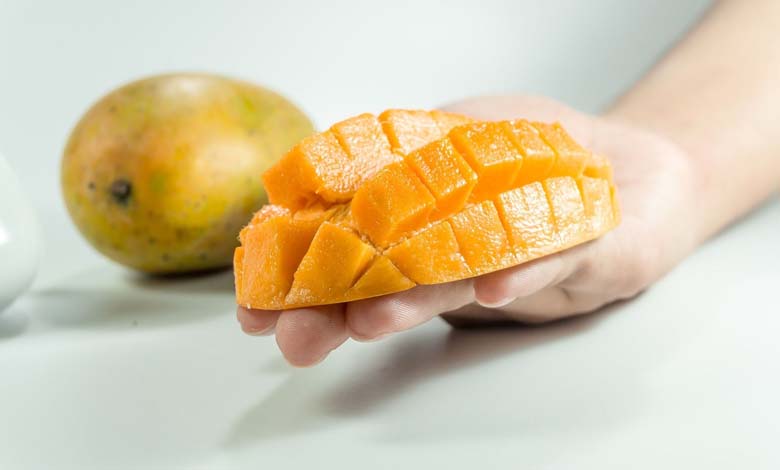What Happens to Blood Sugar Levels When You Eat Mango Daily?

Mango, often called “the queen of tropical fruits,” is loved for its sweet taste, creamy texture, and rich nutritional profile. However, due to its natural sugar content, many people — especially those with diabetes or insulin resistance — wonder if eating mango daily is safe for blood sugar control.
-
5 Summer Fruits That Naturally Lower Uric Acid Levels
-
Orange: the amazing story of this citrus fruit
Nutritional Profile of Mango
One medium-sized mango (around 200 g) contains:
- About 45 grams of carbohydrates, including nearly 40 grams of natural sugars
- Around 3 grams of dietary fiber
- High amounts of vitamin C, vitamin A, and vitamin E
- Powerful antioxidants such as beta-carotene and mangiferin
These nutrients contribute to the health benefits of mango but also play a role in how it affects blood sugar levels.
-
“Durian, the King of Fruits” – These are the Benefits of the “Stinky” Fruit
-
7 Fruits to Help You Get Rid of Insomnia… Try Kiwi
What Happens When You Eat Mango Every Day?
1. Moderate Increase in Blood Sugar
Mango has a medium glycemic index (GI), generally between 50 and 60, depending on its ripeness. This means it causes a moderate rise in blood sugar — slower than high-GI foods like white bread or soda. However, if eaten in large quantities or without balancing foods, it can lead to blood sugar spikes.
2. Fibers Help Slow Sugar Absorption
The soluble fiber in mango slows down the absorption of sugar, helping prevent sharp blood sugar increases. When combined with a balanced meal, mango can be safely included even in diabetic diets — as long as the portion is controlled.
-
Here are the 7 winter fruits to fill up on vitamins
-
5 servings of fruits and vegetables every day to be healthy
3. Antioxidant Effects and Role of Mangiferin
Mangiferin, a key polyphenol found in mango, has shown promising results in scientific studies for its potential to regulate blood glucose and reduce oxidative stress — both important factors in preventing type 2 diabetes.
4. Portion Size Matters
A moderate portion of mango (around 100–150 g per day) usually won’t cause a major glycemic disturbance in healthy individuals. But consuming it in excess, or combining it with other sugar-rich foods, may contribute to significant glucose spikes.
Tips for Safe Mango Consumption
- Choose whole fresh mangoes rather than juices or processed purées
- Pair it with protein or healthy fats (like nuts) to reduce the meal’s overall glycemic load
- Avoid eating mango as a standalone sugary snack, especially at night
Daily mango consumption can be part of a healthy, balanced diet — even for those monitoring their blood sugar — if consumed mindfully and in appropriate portions. As with all sweet fruits, moderation and nutritional balance are key to reaping the benefits without risking health.












